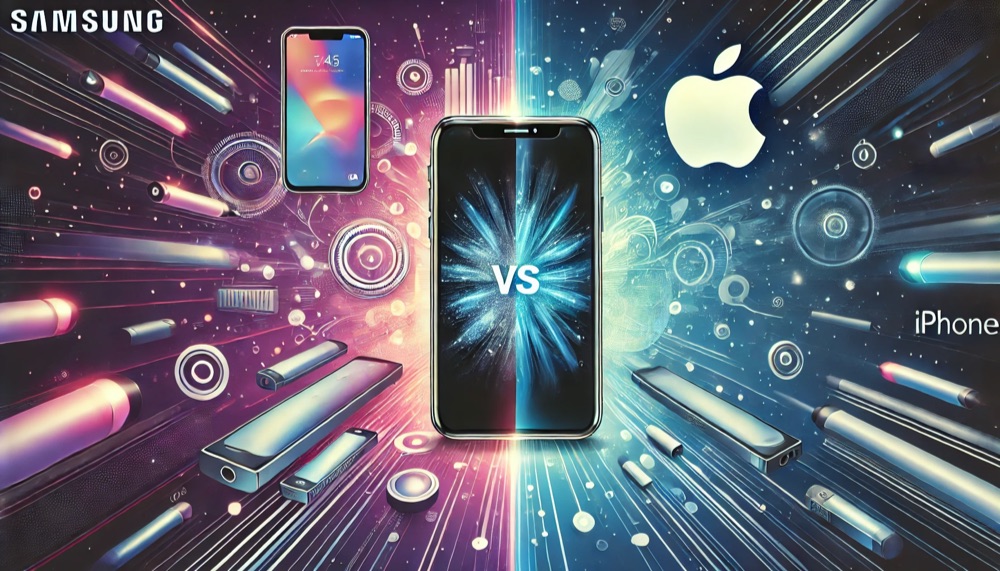
Samsung’s Secret Weapon Against Apple
Samsung will have the advantage in the next wave of patent battles, as 4G technology becomes mainstream and legal wars shift accordingly.
What’s Happening
Samsung holds the bulk of next-generation 4G patents, according to a study released by IRunway, a technology research firm specializing in litigation support.
Samsung shifted its research-and-development emphasis from chipsets and memory to 4G technologies, particularly features that boost the usage and management of high-speed bandwidth, power and reliability. As a result, the Korean electronics giant is far and away the largest holder of 4G-related patents, giving it an advantage in both short-term patent battles and the long-term industry picture.
What’s Really Happening
Samsung is consolidating a particularly relevant area of intellectual property, as carriers and phone makers begin to ramp up their 4G offerings. All major carriers are building out their 4G networks in a race to boost speed and lock down consumers into lucrative data contracts. Phone lineups will also begin to emphasize 4G-capable phones, and device manufacturers will shift as consumers flock to rapid networks.
Simply put, the future of the mobile industry lies in 4G. As the largest patent holder of 4G technologies, Samsung is in a prime place to take advantage on several levels.
What’s Next
Samsung and rival Apple are both slated to attend settlement talks over their sprawling, complex patent battles, which span nearly 20 lawsuits in 10 countries. Samsung’s 4G IP holdings could give it an advantage as both parties approach the negotiations, especially since Apple holds relatively few 4G patents. According to iRunway, the iPhone maker is not even in the top ten of 4G patent holders.
“Samsung is way ahead of the curve, with about 50 percent more patents than its nearest rival,” said Animesh Kumar, co-founder of iRunway. “And Apple will have to license a lot of 4G technology.”
Armed with a valuable set of patents on a key emerging technology, Samsung could negotiate a favorable settlement with Apple, one that leads to a lucrative licensing agreement between the two companies.
However, Apple could still hold out against its market rival. In its analysis of what it calls “seminal patents” — patents particularly valuable for impact, innovation and legal strength — chip and memory maker Qualcomm is the top holder, according to iRunway, followed by Samsung. Apple already licenses 4G technology from Qualcomm, a major licensor, and will likely continue that relationship.
Apple’s disagreement with Samsung in its patent wars also mostly covers OS and user interface. Samsung is relatively weak on UO patents, an area of strength for Apple, so Apple could still have the upper hand in key areas of its legal argument.
The Takeaway
No matter what happens in the current Apple legal war, Samsung’s strength in 4G patents — as well as key rivals’ relative weakness in the same area — will serve the Korean company well in the long run, especially as 4G ramps up in the industry. It will be a strong position to license key software and operating features to other companies, garnering Samsung healthy levels of revenue either in the form of massive lump sums or part of rival handset revenues.
More ominously for its competitors, Samsung’s patent portfolio puts it in a strong position to initiate patent infringement litigation in an industry where the fight is just as fierce inside the courtroom as it is in the marketplace.
At the moment, patent battles focus on 3G technologies. But 4G will be the standard in the next three to five years, and the focus of legal battles will shift accordingly. “Companies that were at the forefront of previous patent battles may find themselves outmaneuvered by those that have already invested heavily in the 4G arena,” said Kumar.
Unless companies like Apple begin ramping up their IP in this area, they could find themselves vulnerable in the next wave of patent wars.
